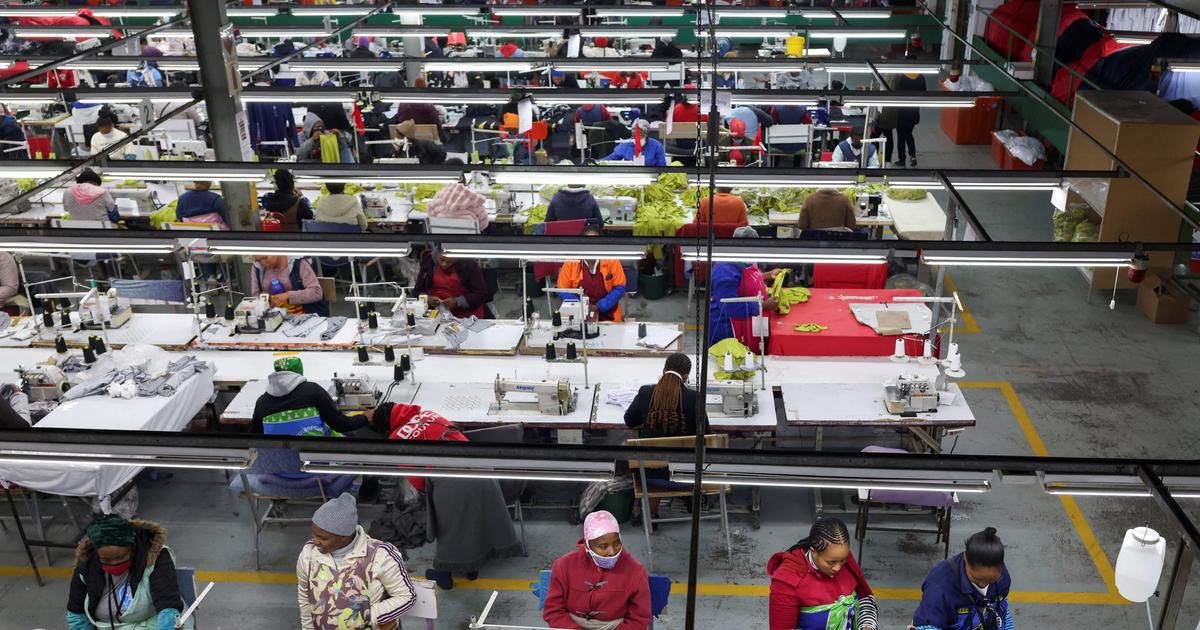Trade Tremors: How Trump's Tariff Tsunami Could Sink Lesotho's Industrial Dreams

Lesotho's Trade Minister Sounds Alarm on Potential US Import Tariffs Threatening Economic Stability
Lesotho faces a critical economic challenge as potential steep US import levies could devastate the country's textile industry, putting tens of thousands of jobs at immediate risk. The trade minister has raised urgent concerns that such tariffs would not only decimate employment but also severely compromise the nation's ability to generate essential revenue for critical infrastructure, including electricity generation.
The proposed import duties threaten to unravel the delicate economic fabric of this small African nation, which relies heavily on textile exports to the United States. With thousands of workers potentially facing unemployment, the economic ripple effects could be catastrophic for Lesotho's already fragile economic landscape.
The minister's stark warning highlights the profound interconnectedness of global trade and the potential devastating impact of protectionist trade policies on developing economies. As Lesotho grapples with these potential challenges, the international community watches closely, understanding that the consequences extend far beyond mere economic statistics.
